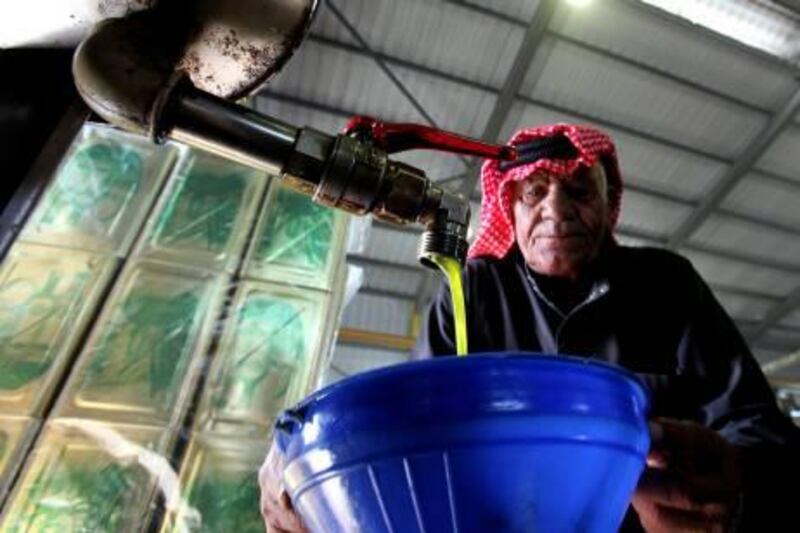The steep rise in global food prices is squeezing small independent retailers in the UAE who do not have the financial resources to weather the storm, say industry insiders.
It is also hampering the long-term growth of the country's food retail sector.
Alaa el Din Hassan Moussa, the senior economic researcher at the Department of Economic Development, said the increase in the price of foodstuffs such as flour had eroded smaller retailers' ability to purchase stock and restricted consumers' spending power.
"The sales for these vendors will decrease," Mr Moussa said at the SIAL Middle East food industry conference in Abu Dhabi yesterday. "At the same time, the amount of supplies in the market will decrease and because these traders won't provide these goods it means the price could rise."
It is the latest sign that the rise in global commodity prices is starting to bite in the region. After reaching record high prices in 2008, the cost of foodstuffs began to drop, according to the UN's Food and Agriculture Organisation. Its index, which takes into account meat, dairy, cereals, oils and sugar, fell almost 35 per cent to 139 in February last year from 213.5 in June 2008. Since then it has risen 42 per cent to 197.1 last month. The cost of wheat, however, has been on a steep ascent because of drought in exporting countries and a ban on wheat exports by Russia.
The benchmark US wheat price averaged US$291 a tonne, 37 per cent higher than it was a year ago and 60 per cent higher than at the start of the season in July, the Food and Agriculture Organisation says.
And food producers in the UAE, such as Al Rawabi, are starting to feel the effects.
Ahmed Eltigani al Mansouri, the general manager of the dairy producer based in Dubai, said the rising price of commodities such as soybeans, which is fed to its cows, was hitting the bottom line. It is also facing higher transport costs due to the rise in petrol prices and retailers looking for discounts. These factors have pushed Al Rawabi to ask the Ministry of Economy to raise prices, he said. Al Rawabi aimed to raise the price of each one litre bottle of milk by 50 fils but the request has been denied, he said.
"There is big resistance in the Ministry of Economy to increase the price … So you have to keep your costs down," he said on the sidelines of the SIAL event. "But how can you keep your prices down if the commodities go up?," he said.
Retail sales in the UAE are forecast to grow by 3.6 per cent this year and 7.2 per cent next year but higher commodity prices may stifle growth in the food sector, said Mr Moussa.
Saleem VI, the group general manager of Emke Group, which owns Lulu Hypermarkets, said the company tried to keep the prices stable but he anticipated consumers would feel the ripple effects of global commodity prices for certain products, such as rice, within six months.
"The prices are going up a little bit, maybe up to 5 per cent," he said.
The UAE is particularly vulnerable to price swings because it is heavily dependent on imports. The country imports 85 per cent of foodstuffs at a cost of Dh11 billion (US$2.99bn) annually. In turn, the UAE Government is in the process of setting up a strategic food reserve to counter the effects of fluctuating commodity costs and in case of emergencies. The Ministry of Economy has said it planned to have a strategic reserve of 14 essential commodities.






